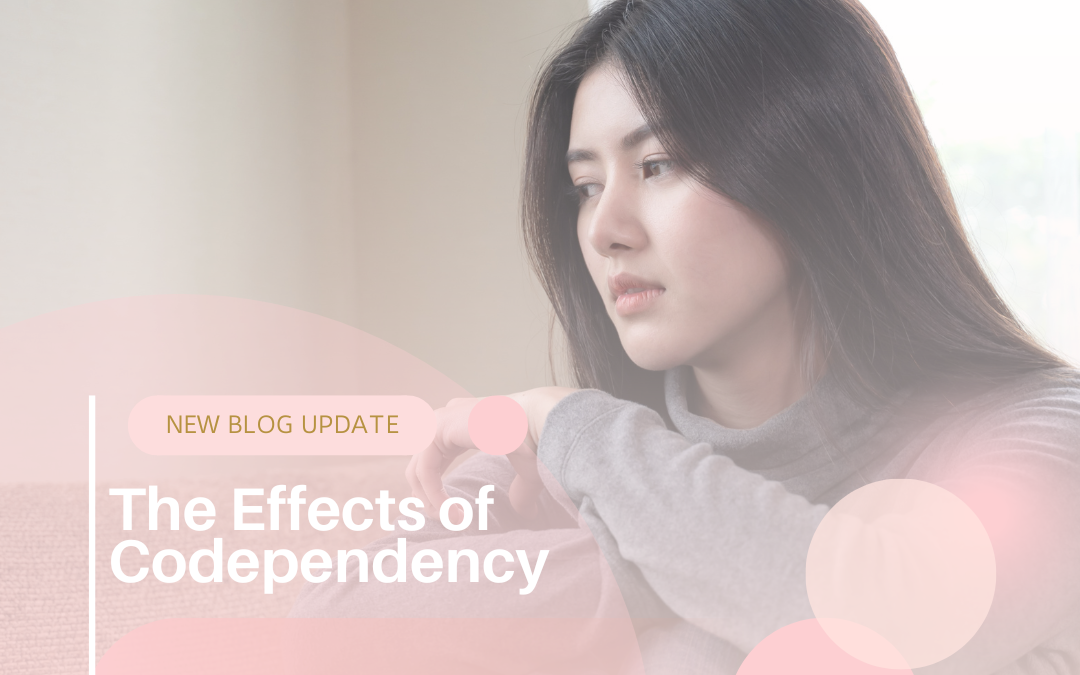Codependency is more than just a relationship dynamic—it’s a pattern of behavior that can significantly affect your emotional, mental, and even physical well-being. While it often begins with the intention of helping or supporting others, codependency can create unhealthy cycles that leave you feeling depleted and disconnected from yourself.
What Is Codependency?
Codependency is characterized by an excessive reliance on the validation, approval, or needs of others, often at the expense of your own. It’s common in relationships where one person consistently takes on the role of caretaker, problem-solver, or fixer, creating an imbalance of power and responsibility.
Emotional Effects of Codependency
-
Chronic Stress and Anxiety
Constantly worrying about others’ needs or emotions can lead to heightened stress levels. This persistent anxiety can interfere with your ability to relax, focus, or enjoy life. -
Low Self-Esteem
Codependent individuals often base their self-worth on how much they can help or please others, leaving them feeling inadequate when their efforts aren’t recognized or appreciated. -
Emotional Exhaustion
Always putting others first can be draining, leading to feelings of burnout and emotional fatigue.
Mental Effects of Codependency
-
Difficulty Making Decisions
Codependent individuals may struggle to make decisions without seeking validation or fearing disapproval from others. -
Loss of Identity
Over time, focusing on others’ needs can cause you to lose sight of your own interests, values, and goals. -
Increased Risk of Depression
The imbalance in codependent relationships can lead to feelings of hopelessness, loneliness, and dissatisfaction.
Physical Effects of Codependency
-
Health Neglect
Prioritizing others over yourself can result in neglecting your physical health, such as poor nutrition, lack of exercise, or insufficient rest. -
Stress-Related Illnesses
Prolonged stress from codependent dynamics can contribute to headaches, high blood pressure, digestive issues, and a weakened immune system.
Relationship Effects of Codependency
-
Unhealthy Dynamics
Codependency often leads to one-sided relationships where one person feels burdened, and the other feels unappreciated or overly reliant. -
Resentment and Conflict
The lack of boundaries in codependent relationships can breed frustration and resentment, damaging trust and intimacy over time. -
Difficulty Letting Go
Codependent individuals may have trouble ending unhealthy relationships, fearing abandonment or loss of purpose.
Breaking Free from Codependency
Recognizing the effects of codependency is the first step toward healing. Recovery involves:
- Setting and maintaining healthy boundaries.
- Rebuilding self-esteem and a sense of identity.
- Seeking support from a therapist or support group to develop healthier relational patterns.
Moving Toward Emotional Freedom
Codependency can have profound effects on every aspect of your life, but change is possible. By prioritizing your needs, fostering balanced relationships, and embracing self-care, you can break free from codependent cycles and create a life filled with emotional independence and well-being.


Recent Comments